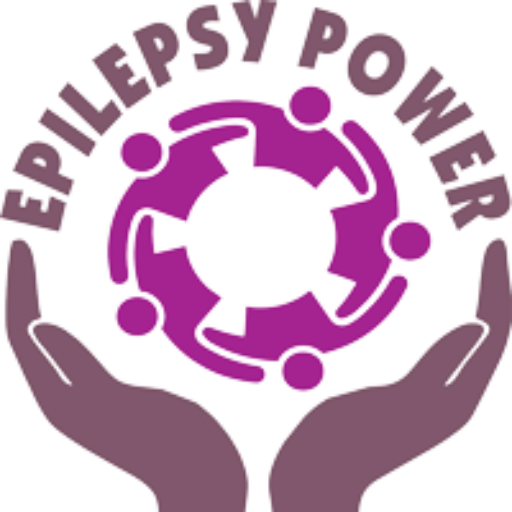- Introduction
- Section 1: Understanding Epilepsy and Its Impact on Employees
- Section 2: Creating an Inclusive Workplace Environment
- Section 3: Managing Stress and Anxiety for Employees with Epilepsy
- Section 4: Handling Frustration and Emotional Well-being
- Section 5: Supportive Workplace Policies and Legal Considerations
- Concluding Remarks
- Quiz
Total Participants: 4
N. of issued certificate: 3
Stress and anxiety can exacerbate epilepsy symptoms, making it crucial for employers and HR managers to create a low-stress work environment. This section will delve into practical approaches to manage stress and anxiety for employees with epilepsy.
Reducing Workplace Triggers
Identifying potential triggers in the workplace that may provoke seizures is essential for creating a low-stress work environment for employees with epilepsy. Some triggers can be specific to individuals, so it’s important for employers and HR managers to have open communication with their employees about their epilepsy and any triggers they may be aware of. This can be done through confidential discussions, surveys, or medical consultations.
Common workplace triggers for epilepsy may include:
- Stress: High levels of stress can contribute to an increase in seizure activity. Create a supportive work environment and implement stress-reduction techniques to help manage stress levels of the employee.
- Lack of sleep: Sleep deprivation is a well-known trigger for seizures. Employers should encourage a healthy work-life balance and avoid assigning excessive overtime or irregular shift patterns.
- Exposure to bright or flickering lights: Some individuals with epilepsy may have photosensitive epilepsy, where seizures can be triggered by flashing or flickering lights, although it is not as common as often perceived. Ensuring proper lighting in the workplace and avoiding excessive use of strobe lights can be helpful.
- Irregular meal times: Encouraging regular meal breaks and providing a comfortable space for employees to eat can prevent seizures triggered by irregular eating patterns.
- Exposure to harmful chemicals: For individuals with certain types of epilepsy, exposure to certain chemicals can be a trigger. Employers should follow safety guidelines and provide necessary protective equipment to reduce this risk.
Implementing measures to minimize exposure to triggers involves:
- Accommodations: Providing reasonable accommodations, such as a private area for rest during breaks or adjusting work schedules to accommodate medical appointments, can significantly improve the work environment.
- Workstation setup: Ensure ergonomic workstation setups to help reduce physical strain and potential triggers for seizures related to uncomfortable positions or repetitive movements.
- Sensitivity training: Conduct sensitivity training for co-workers and supervisors to help create a supportive and understanding workplace culture.
Offering Support Services
Providing access to support services is crucial for employees with epilepsy to manage stress and anxiety effectively. An example of such services may be:
- Confidential counselling and mental health services to employees to help individuals cope with stress, anxiety, and any challenges they may face due to their epilepsy.
- Support groups: Establishing support groups specifically for employees with epilepsy can be highly beneficial. These groups allow individuals to connect with others who share similar experiences and provide a safe space to discuss challenges, share coping strategies, and offer emotional support.
Flexibility in Work Tasks
Employers should consider offering flexibility in work tasks to accommodate the needs of employees with epilepsy:
- Job rotation or task assignment adjustments: Job rotation can be useful for employees with epilepsy who have specific triggers related to certain tasks. By rotating job responsibilities, employees can avoid prolonged exposure to potential triggers.
- Breaks to manage stress: Allowing employees to take short breaks during challenging work periods can help them manage stress levels effectively. These breaks can be especially important during times of increased workload or tight deadlines.
- Remote work options: If feasible, provide the option for remote work,, as it provides safety, flexibility, reduced stress, and better health management for people with epilepsy.
By implementing these practical approaches, employers and HR managers can create a supportive and low-stress work environment that not only benefits employees with epilepsy but also enhances overall employee well-being and productivity.
